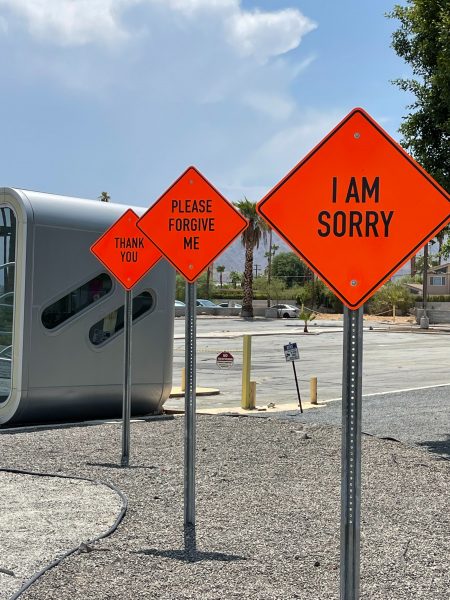Own Your Mistakes…Without Excuses
Apologies can be awkward.

However, owning up to your mistakes in a very professional way is one of the most important career moves you can make! True leaders don’t hesitate to own up.
Think of the famous Tylenol poisoning case. In many ways, Johnson & Johnson didn’t even make a mistake, yet they owned up to the problem right away. What was the end result? They came out looking like heroes, simply because of the highly professional and open way they dealt with a serious case of product tampering. A year after an event that could have destroyed their market-leading product, they had regained their 35% market share! (It’s a shame they seem to have forgotten that lesson in recent years.)
If you’ve made a mistake and fail to acknowledge it, hoping it will simply be forgotten, you are taking a big risk. Often the problem you glossed over just festers, creating an underlying level of relational tension that interferes with other’s reception of anything you say or do.
A sincere apology can start to clear the slate so that you can once again have a productive relationship with that person.
The problem is that we often go about it the wrong way. How often have you heard (or said):
“I’m so sorry, but…”
Adding the “but” is really a way of avoiding guilt, and is usually heard by the other party as:
“I’m not really sorry, because it wasn’t really my fault.”
Instead of reducing relational tension, this actually increases it even more than if you had never apologized in the first place!
Years ago I went to a relationships workshop, and the moderator asked if anyone had ever heard their spouse say “I’m so sorry, but…”, and then proceed to explain exactly why they weren’t at fault. Everyone nodded.
She then asked how people felt about it. She really struck a chord; the whole class agreed that instead of making them feel better, they actually were made angry by what they perceived as an insincere apology.
If you REALLY want to heighten conflict, try this variation that in effect shifts the blame to the other person:
“I’m so sorry, but you should have known…”
It’s very natural for us to want to provide excuses (which we tend to think of as ‘good reasons’) when we haven’t lived up to a promise, made a mistake, etc. However, expressing an apology this way can do more harm than good. If you show integrity by simply owning up to the mistake in the first place, you can earn more respect.
And next time you apologize, make sure to assume full ownership without the excuses!
Whatever the reaction, it gives you more information and returns the attention to where it needs to be for you to succeed – on you and the value you can provide to the organization!